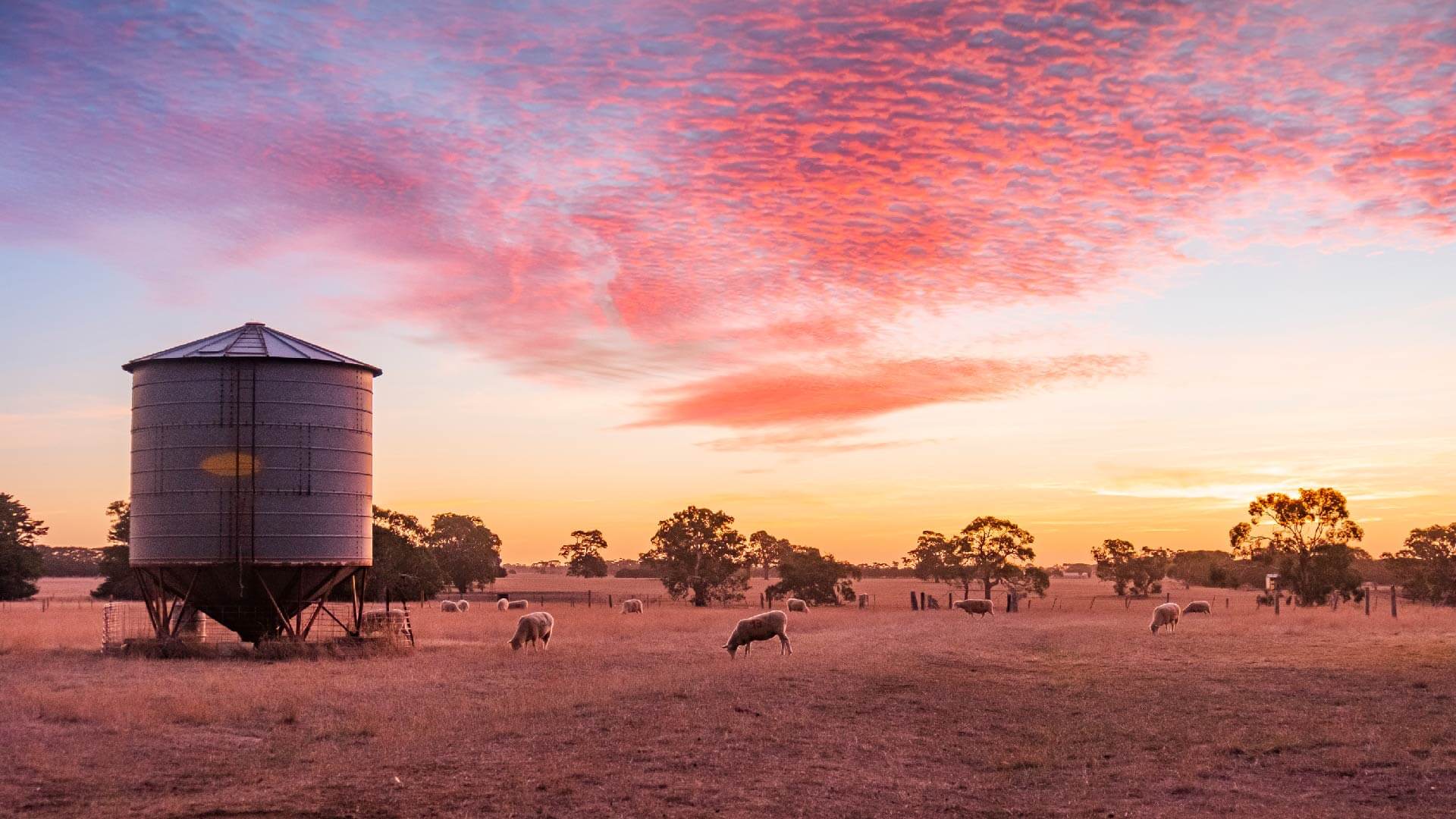Australia’s agricultural industry has seen massive growth in recent years, with production hitting a record $85 billion in 2021-22. Future predictions for the resilient industry remain positive despite the many uncertainties faced in recent times.
As the industry is continually growing and changing, there are many factors that may influence long-term success. If they’re not already, businesses must be ready to adapt to new technologies and sustainable practices. And, significant changes within international trade markets show the importance of future flexibility.
Greater global competition
It’s no surprise that competition has increased within global markets. An area of interest within Australia’s key markets is the ongoing tariff negotiations. In 2023, the European Union (EU) and Canada will gain access to zero tariffs on wheat exports into Vietnam. Canada and the United States (US) already have preferential tariffs for beef into Japan.
Continued market disruptions will require flexibility moving forward. Tensions with trade partners have impacted strong export markets such as barley and wine. Risks associated with market concentration have previously been managed through free and multilateral trade agreements. These deals are expected to be necessary for the future success of agricultural exporting.
The import market is expected to play a more vital role in future trade strategies. Imports are predicted to be crucial in counteracting risk and providing new trade opportunities in 2023, particularly when considering the uncertainty of future climate and world events.
A changing climate
Changes to farm structure and capacity will continue to drive growth. Farms are growing larger and introducing new and innovative technologies, increasing their outcomes, efficiency, and sustainability.
An ever-changing environment isn’t breaking news to our tough farmers. Many farms have adapted their business strategies to consider the impacts of both predictable and unpredictable weather events. Adjustments often involve major changes to production processes and are sourced from owned resources or private borrowings.
2023 will see the industry continue to adapt to environmental changes more than ever before. It’s clear that strong processes and teams will be required to ensure any workplace change is both effective and long-term.
A focus on sustainability
There is a growing pressure to increase sustainability across the agricultural industry. This pressure extends from harvesting methods to exporting standards and beyond. Focus comes not only from the end consumer, but from industry bodies and competitors also. Sustainable practices are predicted to become a feature of international trade markets and rules, which can lead to an increase in trade competition.
Australia currently has a greener image and an increased climate risk compared to some competitors. However, more adaptations are both expected and unavoidable in the future. Improving productivity whilst increasing sustainability be a priority for future innovations. Our agricultural industry be able to keep up with demand from onshore and from overseas. To combat this, the Federal Government has committed $302 million over a 5-year period from 2023 to invest in sustainable industry practices.
A competitive workforce
Workforce shortages are prevalent across the agricultural industry. Various tasks cannot be automated, and farm equipment is becoming increasingly advanced. Certain sectors, like horticulture, are reliant on backpackers and overseas workers. This means agricultural employers are competing with many other industries for these workers.
To address the shortage of working holiday makers, the Federal Government have added additional funding of $42.2 million to speed up visa processing and to reduce the current backlog. Work restrictions for those on student or secondary training visas have also been relaxed until the end of the financial year, allowing these students to work additional hours in any sector.
The Pacific Australia Labour Mobility (PALM) Scheme can continue to help address the labour shortages in the agricultural sector, with $67.5 million committed to expanding the scheme over the next 4 years. Labour Solutions Australia have been a committed partner of this initiative from the beginning, connecting businesses with workers for seasonal jobs of up to nine months and longer-term roles of up to four years. This includes unskilled, low-skilled, and semi-skilled positions.
Experiencing labour shortages, or want to find out if you’re eligible for the PALM Scheme? Schedule a no-frills chat about the ways we can meet your workforce needs.

